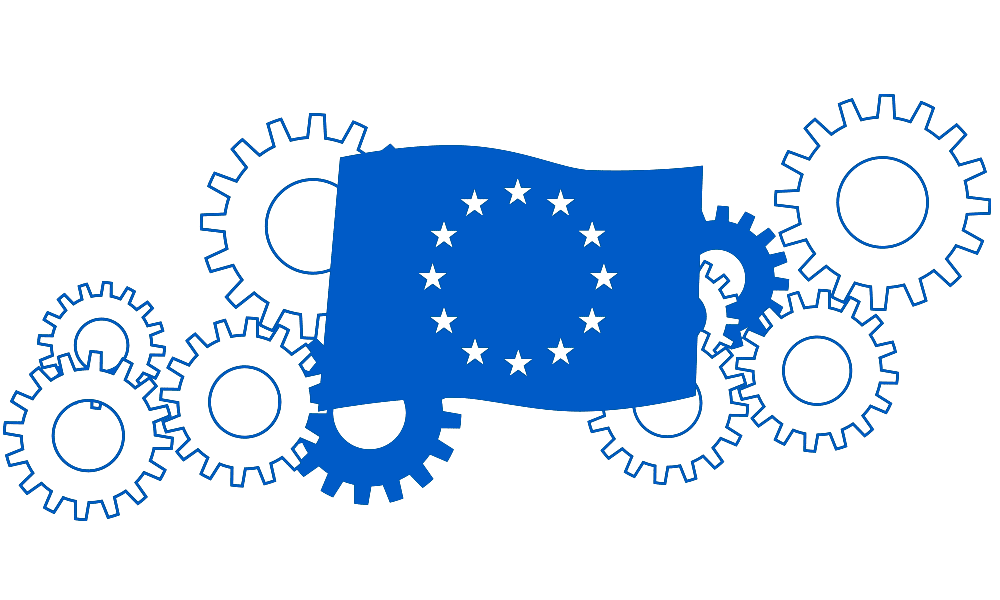Eye on Europe
Views and insights from around the “old continent” and the European Union’s engine room in Brussels

Views and insights from around the “old continent” and the European Union’s engine room in Brussels

Macron wants to turn Corona into a European challenge, but falls flat on his own and Berlin’s nationalist reflexes.
The EU has shown unprecedented flexibility in the initial days of an acute crisis. That does not mean the European project is collapsing.
The economist MARTIN WOLF thinks Europe has no chance of gaining real strategic autonomy.
An EU free from British membership will mean new challenges, but also new opportunities.
Libya is a perfect case study for the shortcomings of Emmanuel Macron’s foreign policy initiatives.
Emmanuel Macron’s big idea for an EU constitutional convention may be watered down by Ursula von der Leyen into a sideshow that could then be ignored. The European Parliament, however, wants it to achieve real reform.
Europe has been left as a spectator in the US-Iran conflict as the EU half-heartedly tries to salvage the Iran nuclear deal.
Brexit won’t be “done” any time soon, neither for the UK nor for the EU.
As national leaders debate the next long-term EU budget, climate and defense are proving the two most contentious issues.
The French President likes to make blunt statements that provoke public outrage. Berlin should brace for more to come.
The pro-reform government of Maia Sandu is out. But the EU’s support did not go unnoticed by the Moldovan people.
Austrian economists are proposing a European Silk Road.
In flawed parliamentary elections, the opposition lost its only two seats. Nevertheless, the EU has little choice but to continue is cautious cooperation with Belarus.
This year’s shambles around appointing Ursula von der Leyen as European Commission President shown just how absurd the system has become.
On November 1, the UK was supposed to have left the EU, and Ursula von der Leyen was supposed to start her job as Commission President. Neither will happen.
Critics say Germany’s carbon price is too low. But price isn’t the only factor policymakers need to consider.

